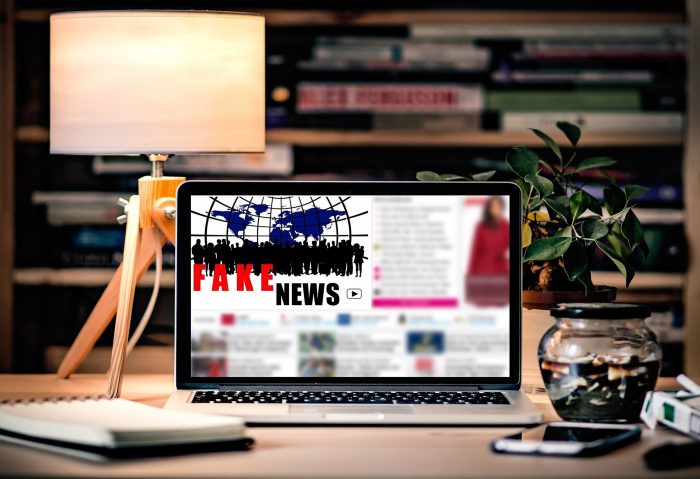
A study conducted by U-M professor of public policy Brendan Nyhan suggests that the effect of fake news on the 2016 election has been overestimated. Using laptop/desktop web traffic data from a nationally representative online panel allowed Nyhan and his colleagues to measure who visited fake news sites before the 2016 election with unprecedented precision.
“Relatively few people consumed this form of content directly during the 2016 campaign, and even fewer did so before the 2018 election,” writes Nyhan. “Fake news consumption is concentrated among a narrow subset of Americans with the most conservative news diets. And, most notably, no credible evidence exists that exposure to fake news changed the outcome of the 2016 election.”
According to Nyhan, the most worrisome misinformation in U.S. politics remains the old-fashioned kind: false and misleading statements made by elected officials who dominate news coverage and wield the powers of government.
